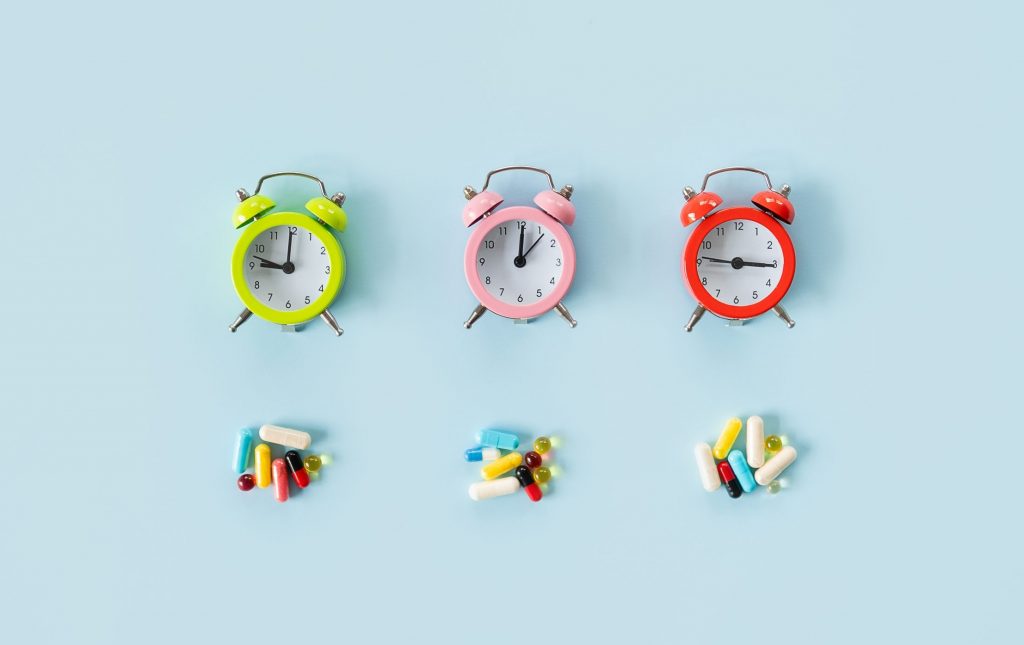
Thinking of fasting? Remember to consider your medical conditions

Dr. Iqbal Jaffer

Dr. Sabira Kanani
By Dr. Sabira Kanani, palliative care physician, and Dr. Iqbal Jaffer, cardiac surgeon, Hamilton Health Sciences
For Ramadan many individuals fast from sun-up to sun-down. This means not eating or drinking during this time. However, fasting doesn’t mean you stop taking your medications as well.
Some people take the “mind over matter” approach to fasting, but for those with medical conditions, it should be “mind over matter plus medicine.”
Taking medication while fasting
For those with chronic but stable medical conditions, fasting can be accomplished, but it’s important to continue taking your medications.
Medications that are injected subcutaneously, or under the skin, as well as puffers, don’t invalidate your fast so they can continue to be taken as prescribed.
When it comes to medications you swallow, it’s best to discuss with your physician how best to modify your schedule to fit with your fasting regime. It’s not recommended to change your schedule without consulting your physician and only fast if a modified schedule can be created safely.
For those who wish to get the COVID vaccine, or have another vaccination appointment, receiving a vaccine does not impact your fast, so you can continue with your appointment.
When should you not fast
Fasting is not recommended if your medical condition is unstable. You should not fast if you:
- Are taking blood-thinners that need to be taken every 12 hours
- Have diabetes and require multiple insulin injections a day
- Are unwell enough that you need to receive a blood transfusion or IV fluids
Fasting should not be negatively impacting your health. Therefore, regardless of your medical condition, it’s best to discuss fasting with your physician to ensure you have an appropriate plan in place.
Fasting is not the only way to celebrate Ramadan, so if it can’t be done safely, seek out other ways for personal reflection and to help those in need.



